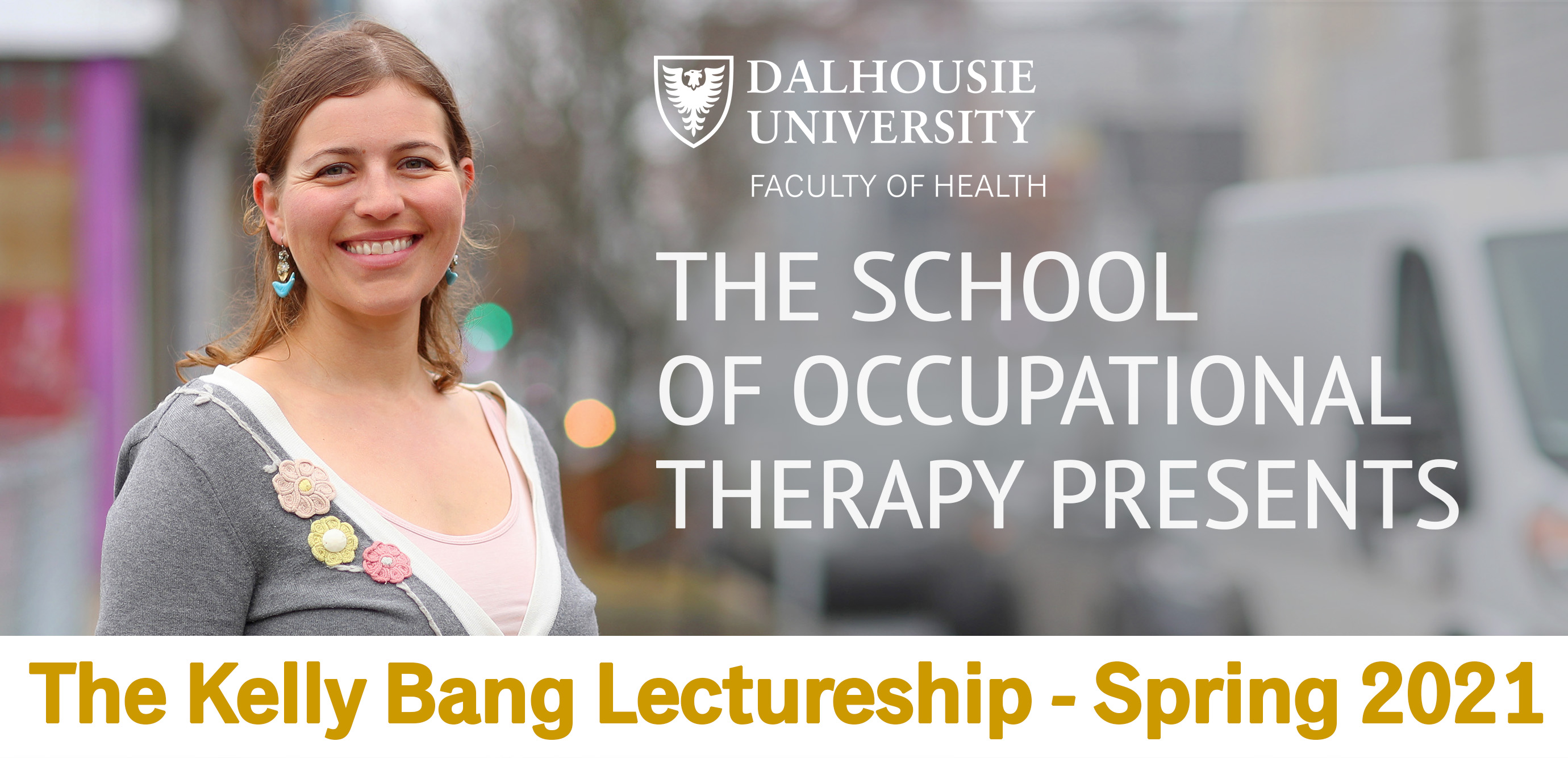News
» Go to news mainReflecting on the intersection of occupational therapy and homelessness

Becky Marval (BScOT’07) has always been drawn to the intersection of health and social equity. “In the School of Occupational Therapy at Dal, I gained valuable outreach experience as a volunteer with non-profits serving folks experiencing homelessness and newcomers to Canada,” she says. She was inspired even in her first few years of practice in hospital and community-based neuro-rehabilitation, where she took on quality improvement projects and became involved in research. “Although I did nothing to establish the Occupational Therapy position with MOSH, the seed was planted with a role-emerging placement and pursuing my interests in these ways helped lead me to it,” she says.
For Becky, pushing the boundaries of what it means to be an occupational therapist has become second nature for the past 12 years. She has worked with the Mobile Outreach Street Health initiative (commonly known as MOSH) as their resident OT. She works with a team of primary health care workers – mostly nurses – providing immediate and ongoing support to persons at risk of and currently are experiencing homelessness.
Her work focuses on complex issues that involve health, participation and quality of life. “Issues that affect people’s health, functioning and participation do not exclusively arise out of illness, injury and whatever else brings them to encounter the healthcare system. Indeed, powerful influencers related to these core domains of occupational therapy, the social determinants of health, largely fall outside of the mandate of our health care system as it is organized now, limiting our potential to help,” she says.
Although now a convert, she says, “initially it seemed like a big risk to embody a harm reduction approach in my practice with MOSH. It can be very safe for a provider to recommend the most conservative, gold-standard intervention and walk-away from a client if they cannot adhere to it. Yet, this is not fair or necessary, since we can instead meet people where they are willing and able to engage and benefit, establishing relationship, reducing harm and gaining momentum towards their goals.”
Over the years, Becky has seen some improvements in support services locally (housing support workers, intensive case managers, and some permanent supported housing), but this may have been outpaced by an increase in acuity (health and social complexity) among people who are homeless, a housing crisis (lack of vacancies and affordable housing), and in the past year, a pandemic (limiting support including emergency shelter beds). “We have more work to do,” she says.

Becky feels there are so many opportunities for an occupational therapist to develop a meaningful practice in established or emerging fields. “The opportunities for occupational therapists and others to contribute to enhancing health, social and occupational equity in our communities often remains constrained by our institutional environment yet is potentially quite limitless.” She notes there has been significant growth with respect to occupational therapists’ involvement in Canada as part of the advent of Canada’s Housing First approach to addressing chronic homelessness almost a decade ago.
“This work has put me in such close proximity to my community, my clients, my team-mates and myself. I’m so grateful for the authentic encounters I’ve been afforded due to the freedom this job has provided to be relationship-based and responsive. This work has also offered many rewarding opportunities for innovation, whether in partnership with individual clients as we navigated complex circumstances, or to advocate and activate for a broader impact,” she says.
“Anyone, not just my occupational therapist colleagues, may gain something from this lecture. As a relative pioneer to this work, much of my practice has been informed by non-occupational therapists – from social workers, nurses, housing support staff, to people with lived experience. Not only is it refreshing to see things through a different lens, but also, homelessness affects us all,” she says.
She hopes to provoke critical and creative thought related to homelessness, occupation, health, and the role of an occupational therapist leaving participants considering these topics anew.
The 2021 Kelly Bang Lecture is scheduled on Tuesday, June 1st from 5:00pm – 6:00 pm. To receive the online link please REGISTER NOW!
The Kelly Bang Lectureship celebrates the memory of Kelly Bang, a nationally known occupational therapist, lecturer, writer, artist and counselor for survivors of child and sexual abuse. The memorial lecture was established by her family to honour those whose research, practice, teaching and advocacy advanced opportunities for women and other marginalized adults who are learning to live in their communities.
Recent News
- Bridging continents: Dal students to learn, share and connect in West Africa
- Partnership between UpLift and Public Health sees continued funding allocated for Youth Engagement Coordinators
- Dal Health grad students use podcasting to discover the people behind the science
- Nursing student closer to living out her dream of helping people thanks to support of new award
- Master of Nursing grad passionate about working in mental health and addictions
- MSc Audiology grad shifts career from entomologist to audiologist
- Occupational Science grad exploring concept of care farming
- Dal Crossroads continues 20 year legacy of student ‑led learning
